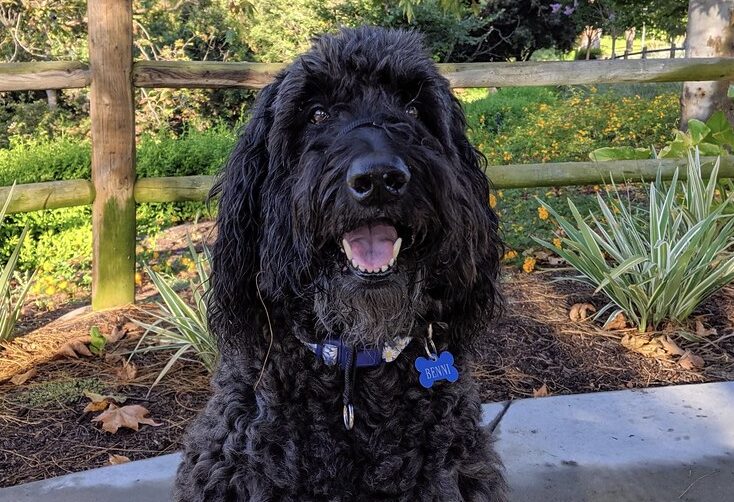10 Ways The Saluki Evolved From Royal Symbol To Beloved Companion

The Saluki is a breed with a history that stretches back thousands of years, once adored by royalty and draped in gold. Though its origins are steeped in luxury, today, the Saluki has seamlessly integrated into suburban homes, trading palaces for cozy living rooms. Here’s a look at how the Saluki’s journey from ancient royalty to modern companion unfolded.
Saluki As The Pharaohs’ Regal Status Symbol
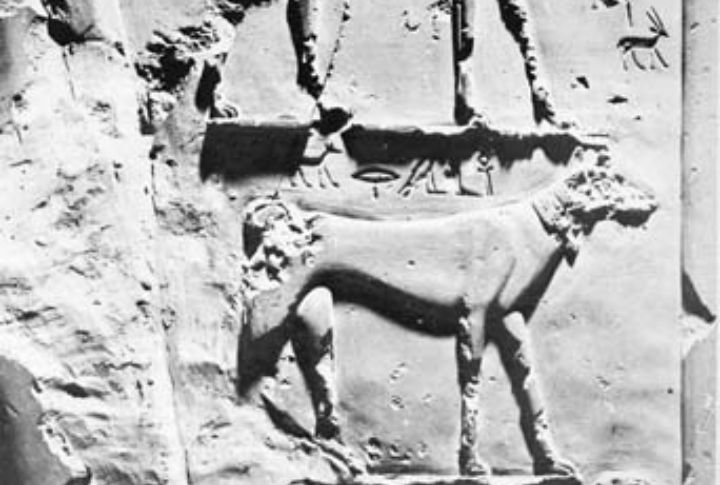
Salukis appeared in ancient Egyptian tomb art as early as 2100 BCE and were portrayed as sacred beings. Admired for their grace and remarkable speed, they held a status far beyond that of ordinary animals. Their presence elevated social status across ancient kingdoms from Egypt to Mesopotamia.
Trade Helped Salukis Transition Beyond Royal Circles

Once reserved for royalty, Salukis spread across regions through trade. Merchants transported them as prized hunting dogs for wealthy buyers, often as gifts. As admiration grew, they appeared in elite households and gradually shifted from status symbols to graceful companions cherished beyond noble courts.
Aristocrats Embraced Saluki Beyond The Court
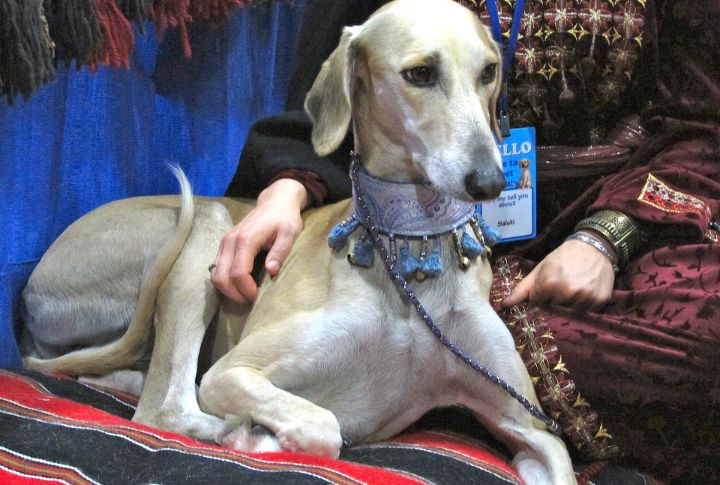
Long after empires fell, European and Middle Eastern aristocrats kept the Saluki’s legacy alive. Their interest wasn’t solely about pedigree—it was about poise and power. British nobles, in particular, fell for this breed during colonial travel, bringing them back as elegant companions with an air of mystique.
Kennel Clubs Recognized The Saluki
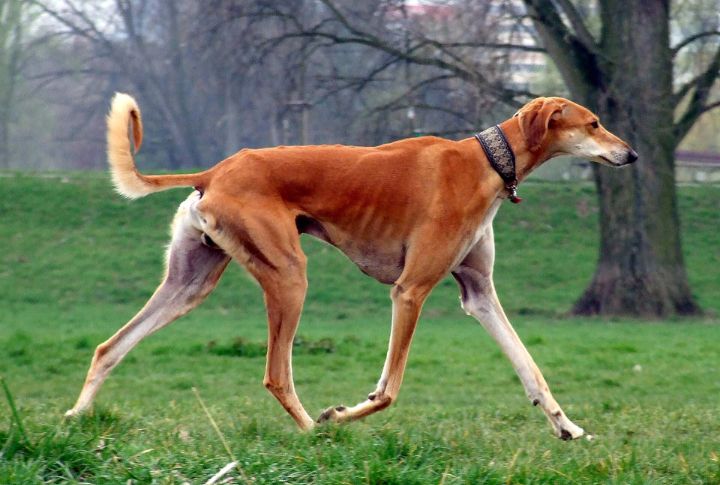
Recognition from kennel clubs didn’t merely legitimize the breed; it gave it a new platform. The Saluki earned American Kennel Club recognition in 1929. That milestone increased visibility at events and in publications, gradually boosting its profile and making this ancient hound more accessible to everyday dog lovers.
Breeding The Adapted Saluki For Homes

Selective breeding played a major role in their transition. Historically fierce hunters, Salukis needed refinement for home life. Breeders focused on temperament—calmer instincts and family-friendly energy levels—while preserving their sleek build and signature speed. That made them viable household companions, not just sporting hounds.
Families Found A Companion In Saluki
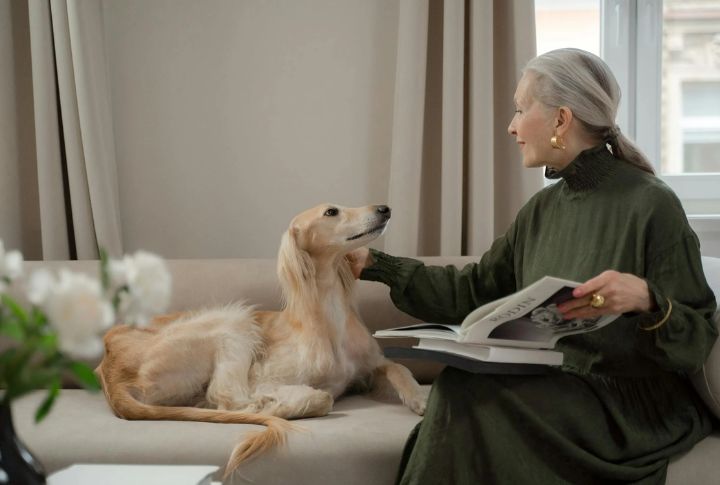
Families looking for low-shedding and dignified dogs began discovering the Saluki. Unlike more energetic canines, Salukis prefer lounging to barking and thrive in calm environments. Their independence suits experienced dog owners, and their gentle loyalty is cherished in homes that value peace over chaos.
Dog Shows Helped Saluki’s Domestication

While agility and obedience events weren’t always their forte, dog shows still gave the Saluki a national stage. What turned heads was how they moved, gliding across the ring with an effortless grace that seemed more like floating than running. This growing visibility helped shift perception from an ancient relic to a family-ready companion.
Modern Owners Cherish The Saluki

Modern Saluki owners often seek more than looks, as they value the breed’s unique combination of speed and quiet temperament. Bred for desert hunting, the Saluki is built for endurance over long distances. Minimal barking and fluid movement make this hound especially suited to calm homes or active routines.
Media And Pop Culture Increased Saluki’s Appeal
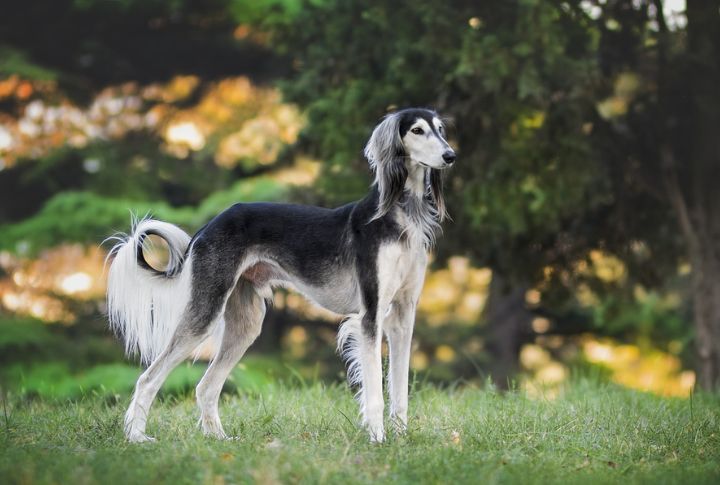
Documentaries and dog blogs began featuring Saluki’s silhouette. Their elegant build and quiet, distant nature made them look great in photos. This subtle media presence didn’t just promote the dog—it recast them as sleek and adoptable for modern aesthetics.
Saluki’s Ancient Roots Still Echo Today
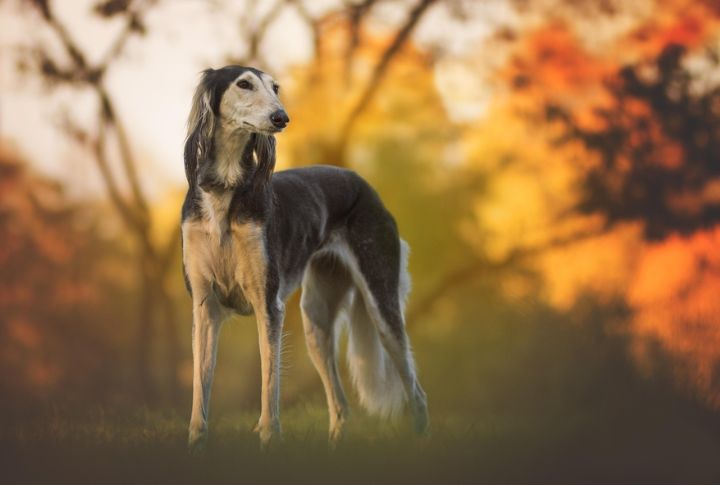
Even in today’s homes, the Saluki’s ancient instincts still surface. They’re aloof with strangers, rely on sight over scent, and thrive with room to run. That blend of historical function and modern adaptability gives the breed a lasting appeal that’s both practical and deeply rooted in heritage.


